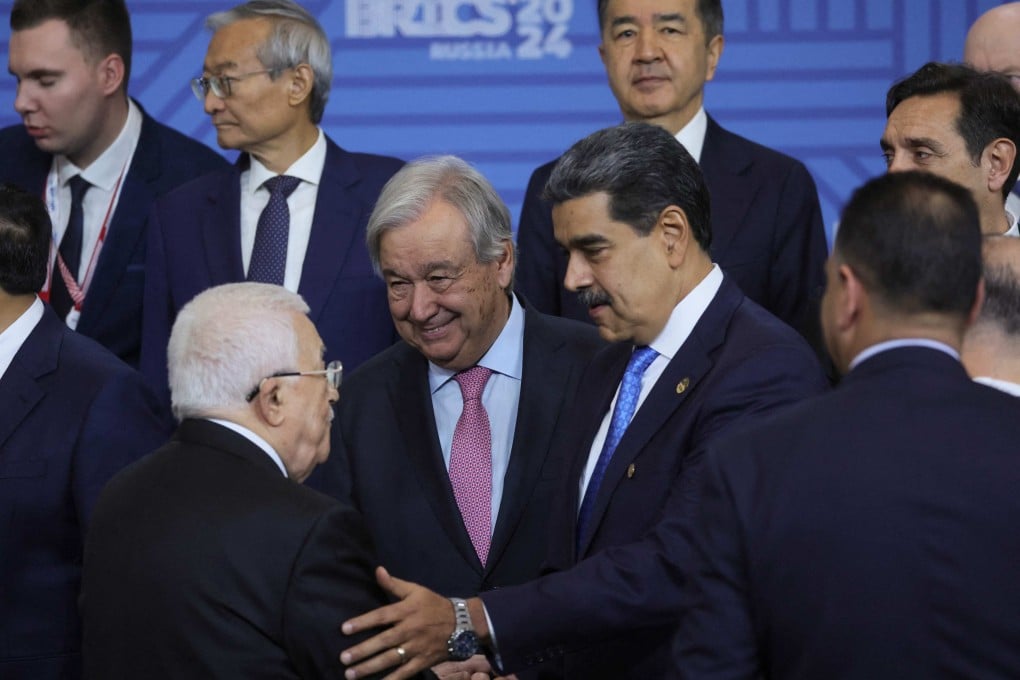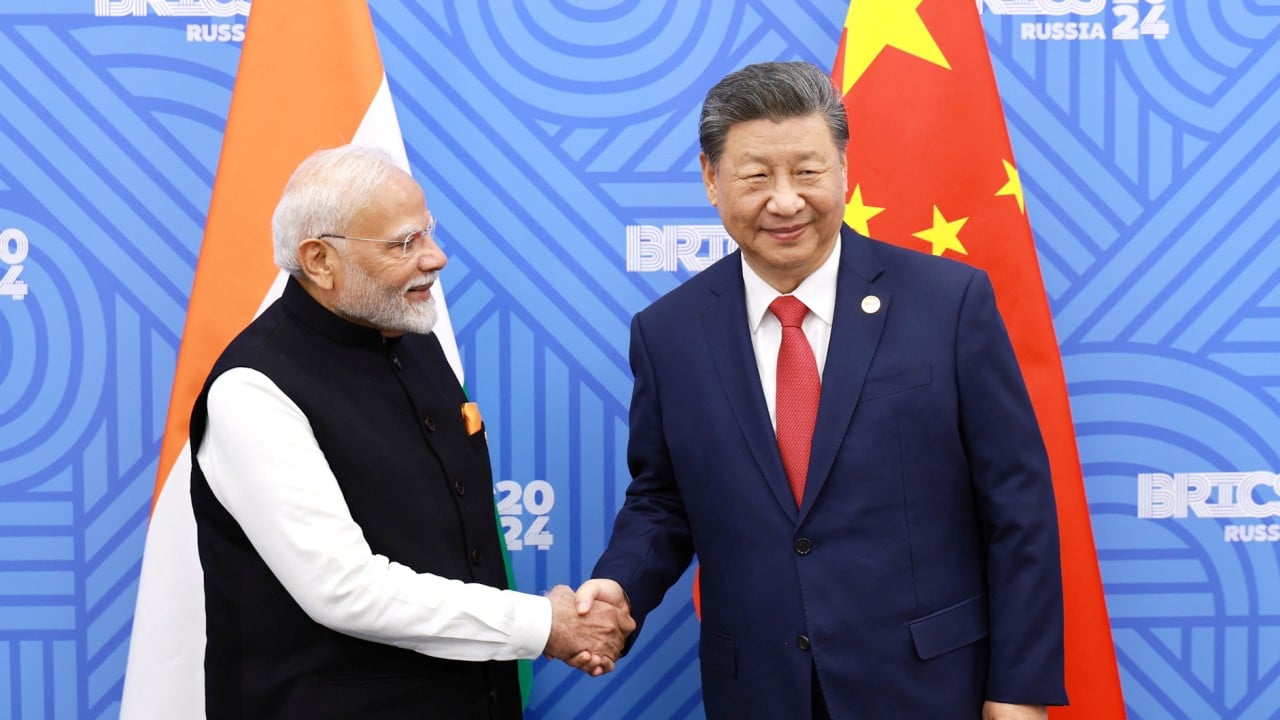Opinion | What Brics lacks in structural power, it makes up for in connections
The grouping is a long way from being able to set international norms and standards, but it is becoming increasingly able to reshape them

If this is the case, then one must ask why are more than 30 countries expressing interest in or are seeking Brics membership? Why did multiple world leaders, including United Nations secretary general Antonio Guterres, attend this year’s summit?
The concept of structural power explains how power functions in the international order. It refers to the ability of states or non-state entities to shape the overarching framework that governs the interactions of other states, institutions and individuals.
It involves establishing the rules of the game that affect the options, behaviours and preferences of states within the broader world order. By setting these rules, entities with structural power can significantly impact the dynamics of international relations, economic practices and policy decisions.
The United States and other Western powers have exercised structural power in core domains, such as security, production, finance and knowledge, which enables them to shape the global order in a way that aligns with their interests. This structural power makes it easier for states that align with these values to thrive, while those that diverge often face sanctions or isolation.


